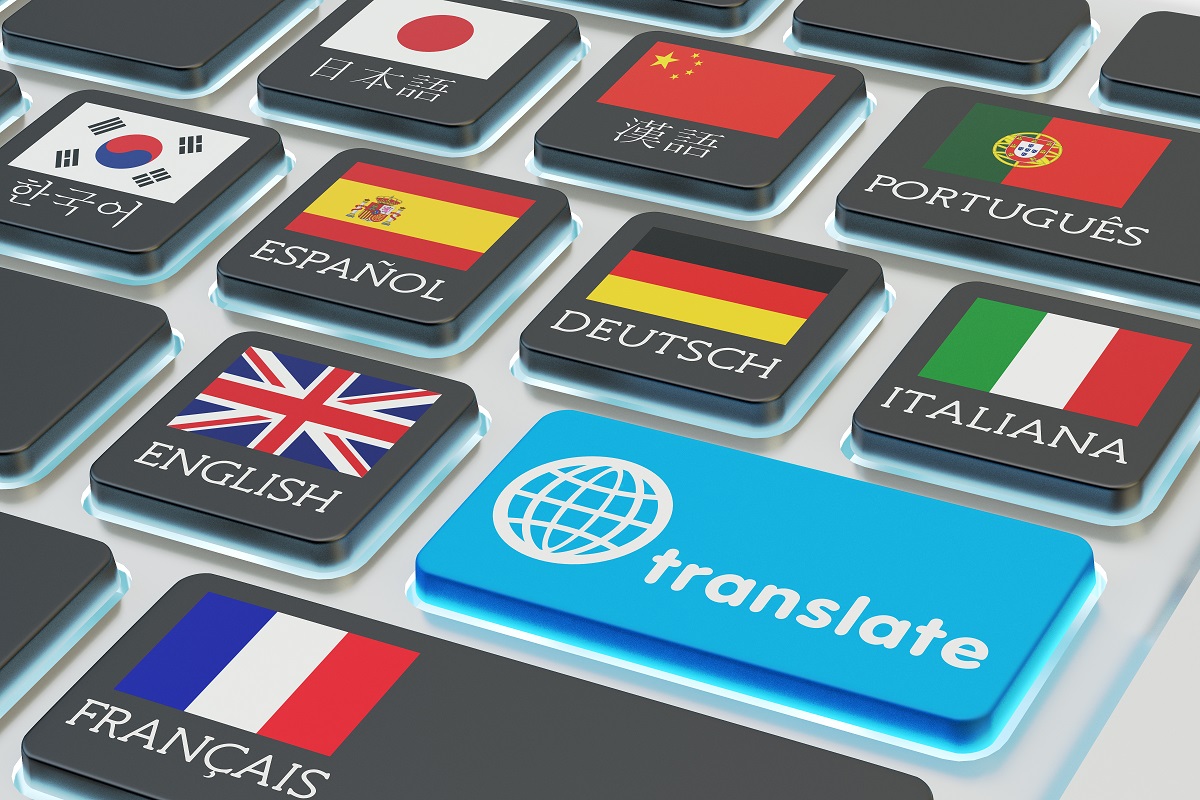In today’s rapidly evolving job market, freelance work has gained immense popularity, constituting nearly 47% of the global workforce. Among the most sought-after freelance professions are translators.
Freelance translators are crucial in bridging communication gaps across languages in the increasingly globalized world. Their expertise in accurately and effectively conveying meaning from one language to another is in high demand. As businesses expand internationally, the need for professional freelance translators continues to grow, allowing companies to reach wider audiences, penetrate new markets, and foster global collaborations.
With the rise of digital platforms and remote work opportunities, freelance translation has become a viable and rewarding career, offering flexibility, autonomy, and diverse projects. Embarking on the journey to become a freelance translator can open up a world of possibilities if you have a passion for languages and a keen eye for detail.
What is a Freelance Translator?
As a key player in the world of language services, a freelance translator is a professional who specializes in converting written content from one language to another on a project basis. Unlike in-house translators who work directly for a single organization, freelance translators operate independently, offering their services to multiple clients. They possess exceptional language proficiency, cultural knowledge, and expertise in specific subject matters, enabling them to accurately convey the source text’s meaning, tone, and nuances into the target language.
While freelance translation provides numerous advantages, such as flexible work arrangements and a diverse range of projects, it presents unique challenges, including client acquisition, project management, and continuous professional development. Embracing the role of a freelance translator requires a blend of linguistic talent, business acumen, and adaptability to thrive in this dynamic and competitive field.
How to Become a Freelance Translator?
Looking to embark on a career as a freelance translator? This guide provides essential steps and insights on how to become a successful freelance translator, from honing your language skills to building a strong client base.
Developing Language Skills

Mastering both the source and target languages is crucial for becoming a freelance translator. Focus on building vocabulary, improving grammar proficiency, and deepening cultural knowledge to ensure accurate and nuanced translations.
Gaining Translation Expertise
To excel as a freelance translator, consider pursuing formal education in translation or related fields. Participate in translation workshops, courses, and engage in practical translation exercises to refine your skills and gain hands-on experience.
Building a Translation Portfolio
Create a comprehensive translation portfolio by carefully selecting and translating sample texts. Showcase a diverse range of translation projects and genres, and actively seek feedback to continuously improve your work.
Establishing a Professional Online Presence
Establishing an online presence is essential for attracting clients. Create a translation-specific website or portfolio, utilize professional social media platforms, and showcase your expertise and specialization areas to stand out in the competitive market.
Networking and Collaborating with Other Professionals
Join translation associations and communities to network with fellow professionals. Attend conferences and industry events to expand your connections. Collaborate with other translators and language professionals to learn from each other and potentially gain referrals.
Developing Business and Marketing Skills
Understanding client needs and expectations is crucial. Learn how to set competitive pricing and negotiate rates that reflect your skills and experience. Focus on building strong client relationships through professional communication and delivering high-quality work.
10 Effective Tips to Find Work as a Freelance Translator
The following are ten practical tips to enhance your chances of securing translation projects and building a successful career.
Identifying Target Markets and Specialization Areas
Identify your target markets and determine your specialization areas. Research industries and potential clients to understand their translation needs and tailor your services accordingly.
Building a Strong Online Presence
Optimize your website and online profiles for search engines. Utilize online translation platforms and job boards, and showcase testimonials and positive client feedback to establish credibility.
Creating a Compelling and Professional Resume/CV

Create a resume or CV that highlights relevant experience, education, language proficiency, and translation skills. Tailor your application materials to specific job opportunities to make a strong impression.
Proactively Seeking Translation Opportunities
Take a proactive approach by contacting potential clients directly, submitting applications to translation agencies, and participating in translation contests and calls for proposals.
Collaborating with Other Translators and Agencies
Join translation teams, build relationships with translation agencies, and participate in professional referral networks to expand your network and access more translation opportunities.
Continuous Professional Development
Stay updated with industry trends and technologies, expand your language skills and knowledge, and seek certifications and advanced training to continuously improve your translation expertise.
Providing High-Quality Translations and Meeting Deadlines

Ensure accurate and culturally appropriate translations by proofreading and editing your work. Deliver translations within agreed-upon timelines to build a reputation for reliability and quality.
Cultivating Client Relationships
Understand client expectations and requirements, maintain professional communication and responsiveness, provide exceptional customer service, and address feedback to cultivate strong client relationships.
Developing a Pricing and Payment Strategy
Determine your pricing structures, negotiate rates and terms with clients, and establish secure payment methods and policies to ensure fair compensation for your services.
Managing Time and Productivity Effectively
Set realistic project deadlines, manage your workload efficiently, utilize productivity tools and time management techniques, and find a balance between translation work and administrative tasks as well as self-care.
Freelance translators play a vital role in today’s globalized world, bridging language barriers and enabling effective communication across cultures. The demand for their services continues to grow, offering exciting opportunities for those considering a career in freelance translation. By following the steps outlined in this guide, honing language skills, building a strong online presence, and proactively seeking work, you can embark on a rewarding journey as a freelance translator and contribute to the interconnectedness of our diverse world. Embrace the challenge, seize the opportunities, and embark on a fulfilling career as a freelance translator today!